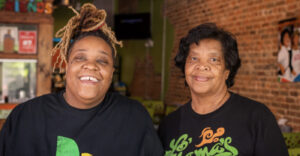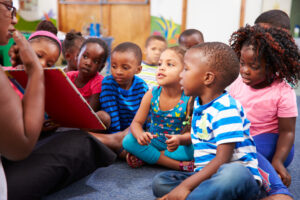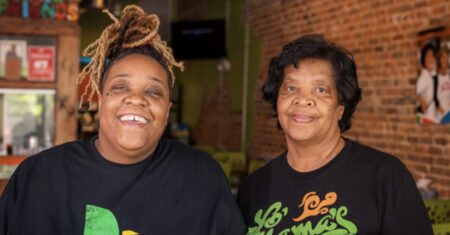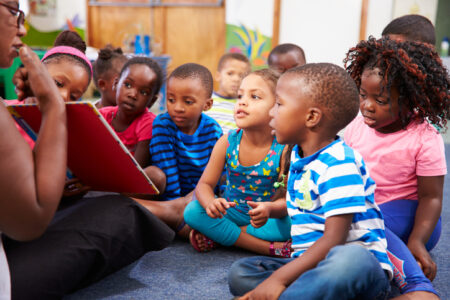As the national debate over diversity, equity, and inclusion (DEI) policies intensifies, Historically Black Colleges and Universities (HBCUs) are emerging as a vital refuge and launchpad for Black students and students of color across the country. With many predominantly white institutions (PWIs) now dismantling or limiting DEI initiatives—and even eliminating merit scholarships tied to those programs—HBCUs are experiencing a moment of resurgence. This is more than a shift in enrollment trends; it is a renewed recognition of the cultural, academic, and societal significance of institutions built by and for the Black community.
For over a century, HBCUs have been pillars of empowerment, producing generations of leaders, educators, scientists, artists, and activists. These institutions were founded out of necessity, during a time when Black Americans were denied access to higher education. Today, they remain essential—not just for historical reasons, but because they continue to nurture and protect students in ways that many PWIs struggle to do.
This moment is especially critical. Across the country, states are enacting legislation that restricts or completely eliminates DEI programming at public universities. As a result, many PWIs are rolling back scholarships and support programs that were created to level the playing field for underrepresented students. In states like Florida, Texas, and Idaho, laws have been passed to dismantle DEI offices, eliminate race-conscious admissions policies, and restrict academic discussions about systemic racism. These actions, while politically charged, have real consequences for students who rely on those programs for both financial aid and a sense of belonging.
HBCUs are stepping in to fill the gap. Applications to schools like Morehouse College, Howard University, Hampton University, and Spelman College are surging. These institutions offer more than just degrees—they offer safe spaces where students can learn and grow without the burden of constantly explaining or defending their identity. For many students, especially Black athletes who are beginning to question their value in schools where they’re cheered on the field but ignored in academic or cultural spaces, HBCUs represent a place where excellence is expected, celebrated, and supported.
The renewed interest in HBCUs is not just symbolic. It’s practical. Many of these schools are investing in infrastructure, improving academic programs, and expanding scholarship opportunities to accommodate the growing interest. In recent years, federal and private funding for HBCUs has also increased, helping them modernize facilities, hire top-tier faculty, and strengthen their endowments. It’s clear that these institutions are not only surviving—they are thriving.
Athletes, in particular, should take note of this momentum. For too long, many talented Black athletes have been funneled into PWIs that benefit enormously from their skill on the court or the field, yet often fail to provide them with holistic support off it. HBCUs, with their long legacy of producing top athletes and their deep-rooted cultural alignment, offer a powerful alternative. With increased media attention and NIL (Name, Image, Likeness) opportunities now available to all student-athletes, there’s never been a better time for top talent to consider building their legacy at an HBCU.
But it’s not just about athletics or traditional four-year degrees. Another vital role HBCUs are playing—one that must be emphasized in this moment—is their growing focus on trades and workforce development. In an economy where skilled labor is in high demand and college debt continues to burden many young adults, training in trades like HVAC, electrical work, information technology, digital media, healthcare, and advanced manufacturing is becoming just as valuable as a traditional liberal arts education.
Many HBCUs have launched or expanded workforce development programs that provide certifications, apprenticeships, and partnerships with local industries. These programs are especially crucial for students who may not be interested in a four-year path but still want to secure a stable, well-paying career. They are also a powerful tool in addressing the racial wealth gap by equipping Black communities with the skills needed to compete and thrive in today’s labor market.
Workforce development is about dignity, sustainability, and access. HBCUs understand that success looks different for every student, and they are embracing that by providing multiple pathways to economic mobility. Whether it’s through nursing programs, construction trades, cybersecurity, or entrepreneurial training, HBCUs are expanding their reach—and impact—well beyond the classroom.
HBCUs have always welcomed students of all races and backgrounds. But for Black students looking for an education that honors their heritage, provides robust academic training, supports athletes holistically, and opens doors through career and technical education, these institutions have never been more relevant.
As we navigate this politically and socially charged era in higher education, HBCUs stand tall as institutions of excellence, resilience, and empowerment. They are not relics of the past—they are the blueprints for a better future. It’s time for students, families, athletes, and educators to recognize the importance of HBCUs and invest in the communities and institutions that have always invested in us.
— Anthony Tilghman
Award-Winning Photojournalist, Education Advocate







